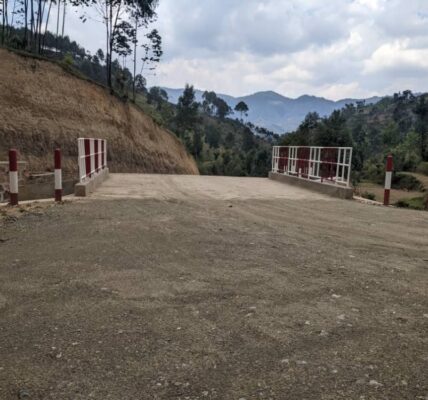The Ministry of Local Government (MINALOC) has announced plans to start paying compensation arrears for citizens whose properties were expropriated using mobile money platforms such as MTN MoMo and Airtel Money. The move is aimed at speeding up payments and addressing long-standing delays in expropriation compensation.
This initiative comes ahead of the launch of the “Citizen Participation Month in Planning,” which emphasizes community involvement in decision-making and development programs. Rwanda’s governance model prioritizes citizens’ participation, ensuring that projects directly respond to their needs and challenges.
In every national budget cycle, citizens provide input on their most urgent priorities, which are then integrated into government projects. However, MINALOC highlights that effective citizen participation depends on resolving pressing issues—such as delayed compensation—so that communities can meaningfully engage in planning.
Jean Claude Ingabire, Director of Planning and Monitoring at MINALOC, revealed that digital payment systems will soon be used to fast-track small compensation payments.
“We are introducing MoMo payments to ensure citizens owed small amounts are paid quickly and conveniently without creating backlogs,” he said.
The government has identified delayed expropriation payments as a top priority in the 2025–2026 national budget. The Parliament’s Lower Chamber has also urged the Ministry of Finance and Economic Planning (MINECOFIN) to address pending payments and fulfill citizens’ claims promptly.
As of mid-2025, 102 files totaling Rwf 48.3 million remain unpaid. The Rwanda Transport Development Agency (RTDA) alone holds 74 files worth Rwf 18.7 million, mostly tied to the Kagitumba–Kayonza–Rusumo and Kibaya–Rukira–Nasho road projects.
Additionally, 17 residents in Jabana, Gasabo District, have not received compensation since 2012 after losing property during electricity line expansion works.
MINECOFIN explains that some delays stem from missing ownership documents or land titles. Other delays involve development projects implemented jointly with partners who fail to cover compensation, leaving the government to find alternative funding.
By integrating mobile money payments into the compensation process, authorities aim to eliminate bureaucratic bottlenecks, enhance transparency, and restore citizens’ confidence in public service delivery.




